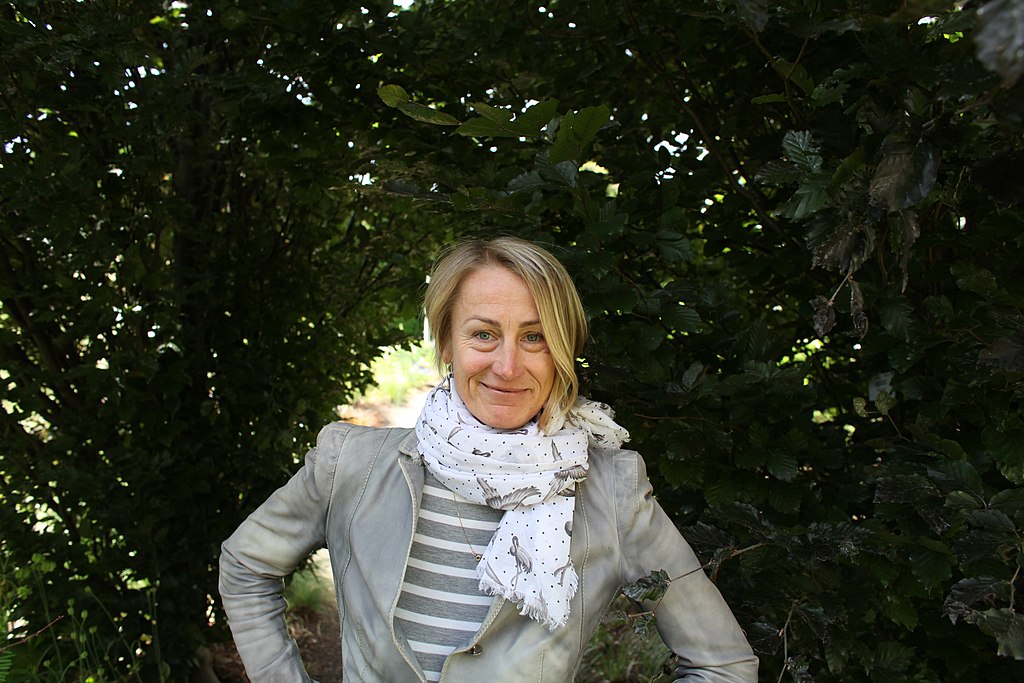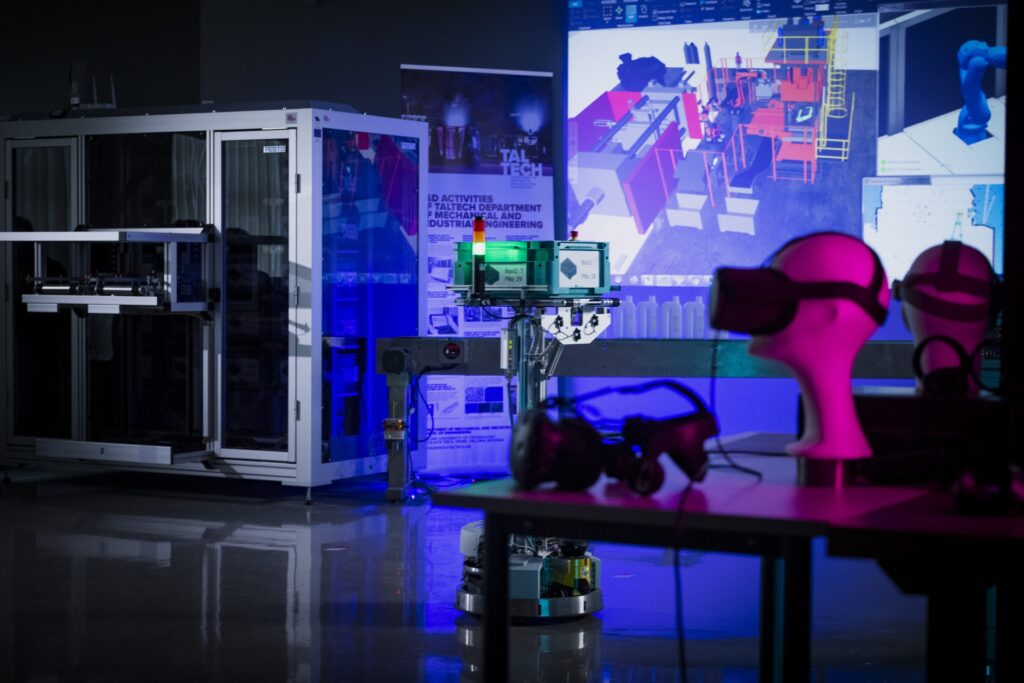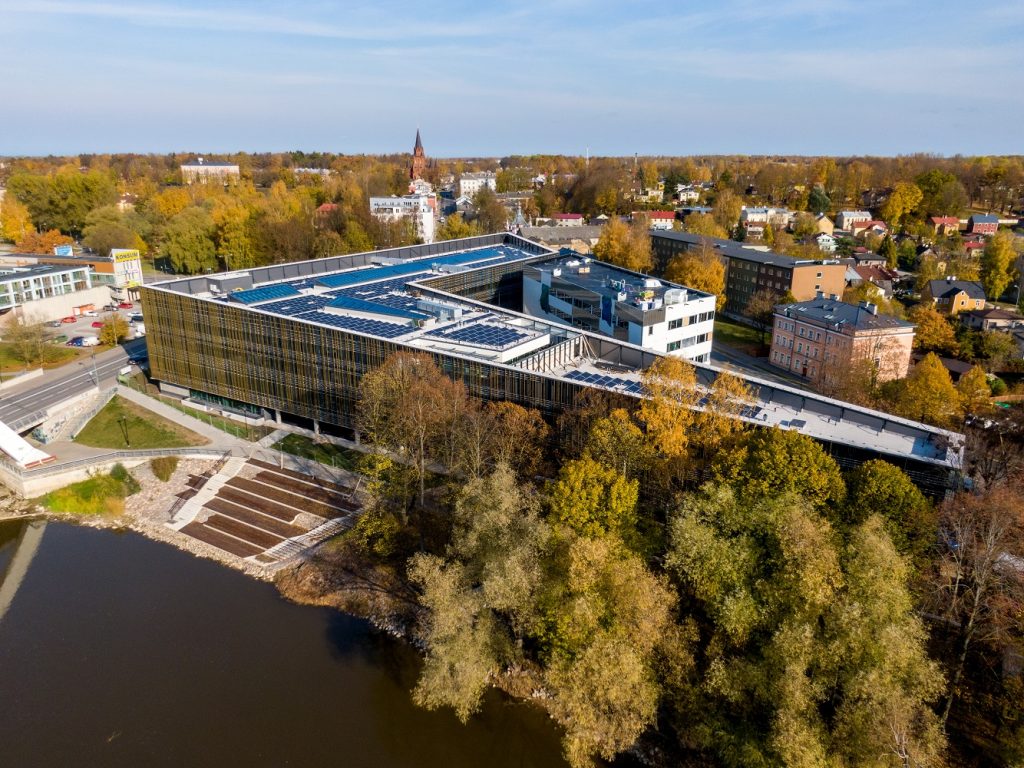Over the next seven years, the Estonian government will fund ten Centres of Excellence to address scientific issues of importance to Estonia, with the University of Tartu leading six of them and participating as a partner in all other Centres of Excellence that are starting work.
The Centres of Excellence bring together high-level research teams from different research fields and institutions to achieve high-level international research results, taking into account the needs of Estonian society and economy.
The new centres of excellence led by the University of Tartu focus on research in green hydrogen and energy technologies, artificial intelligence, personalised medicine, population and culture, well-being sciences and sustainable land use.
The university is a partner in a centre of excellence led by the Estonian University of Life Sciences, which is investigating methods to reduce the environmental impact of new crops and food production adapted to future climates. The university also participates in centres of excellence led by Tallinn University of Technology, one of which develops technologies for the circular economy and the other works on energy-efficient construction methods.
The University of Tartu research teams are also involved in the Centre of Excellence for Fundamental Universe Studies, led by the National Institute of Chemical and Biological Physics. This centre deals with topics ranging from fundamental particle physics and cosmology to new-generation machine learning algorithms and potential applications of quantum computing in basic research.
According to Mari Moora, the vice dean for research at the University of Tartu, the new centres of excellence focus on important issues of international relevance, and using local data to find solutions is valuable in shaping Estonia’s future.

From novel energy to AI
The Centre of Excellence in Sustainable Green Hydrogen and Energy Technologies will focus on the development of novel energy conversion and storage devices. A demonstration centre will be established to showcase advanced hydrogen and energy generation and storage devices, demonstrate them in operation, and work with companies to find ways to produce new devices and bring technologies to market.
The Estonian Centre of Excellence in Artificial Intelligence is developing innovative methodologies to help develop reliable AI systems. These methodologies are used to enhance AI capabilities in key Estonian sectors, including digital governance, health care, business process management and cybersecurity. Tallinn University of Technology and Cybernetica, an Estonian IT company, are partners in the Centre of Excellence.

The Centre of Excellence for Personalised Medicine focuses on preventing and alleviating health problems in an ageing population. This will be done by developing risk models for predicting disease, taking into account the individual’s background, living and cultural environment, and by searching for biomarkers associated with disease. Tallinn University, ProtoBioS, an Estonian biotech company, and the Competence Centre on Health Technologies are partners in the centre.
In Estonian Roots: Centre of Excellence for Transdisciplinary Studies on Ethnogenesis and Cultural Diversity, humanities scholars and scientists are working together to understand the origins of cultural and genetic diversity in Estonia and neighbouring regions. Based on precise data from archaeogenetics, cultural and linguistic studies and palaeoecology, the Centre of Excellence will generate new knowledge about the evolution of the population and the unique culture of these areas in the European context. Tallinn University of Technology and the Estonian Museum of Literature are partners in the project.

The Estonian Centre of Excellence of Wellbeing Sciences will bring together social and natural scientists who study people and the contexts in which they operate to find new ways to measure, understand and influence human well-being. Improving well-being is both an end and a means to support economic growth, democracy, societal resilience and other societal values. Tallinn University of Technology and Tallinn University are partners in the centre.
The Centre of Excellence of Sustainable Land Use focuses on novel land use planning to preserve biodiversity and ensure carbon balance. Field data, satellite data and machine learning will be used to identify and model the relationships between the carbon cycle and biodiversity. Other members of the Centre of Excellence are the Estonian University of Life Sciences and the Centre of Estonian Rural Research and Knowledge.
The Estonian Ministry of Education and Research is supporting the work of each centre of excellence with €7 million.

